A conversation on the potential and limitations of blended finance in improving equitable access to WASH services. Read the report.
Published on: 12/10/2018
Around the world, substantial financing gaps prevent universal access to water, sanitation and hygiene (WASH) services from becoming a reality. How big of a role will blended finance have in funding this gap?
Blended finance is defined by the OECD as "the strategic use of development finance for the mobilisation of additional finance towards sustainable development in developing countries". There is hope that when applied to WASH, it could unlock some much-needed financial flows to the sector. Although there are concerns that blended finance risks being viewed by some as another sector panacea.
With the proper enabling environments in place though, it can unequivocally provide financial relief to the WASH sector, which has often been criticised for lagging behind in attracting alternative sources of finance.
Within the Dutch context, the WASH Strategy 2016-2030 of the Dutch Ministry of Foreign Affairs puts strong emphasis on using Dutch development cooperation funding to leverage domestic finance for WASH. It aims to do so through four strategies:
You can thus create blended finance with or without leveraging finance. There has however been a lot confusion around what is meant by financial leverage, which the OECD defines as 'the use of borrowed funds to increase profitability and buying power'.
Whether it is to increase access to WASH services, ensure social inclusion in that or to improve the sustainability of service provision, there is a need for clarification between the various concepts around increasing finance for the WASH sector. However, there is also a need to better understand the various forms of blended finance, the different segments of the WASH sector for which they could apply and what that means for the goals of the WASH strategy.
With that background in mind, the objective of this WASH event was to discuss the potential contribution of blended finance to the targets set by the Ministry of Foreign Affairs to reach 50 million people with sanitation and 30 million with water services.
Specific objectives are to better understand:
Read the report of the debate, which includes a recording of the live stream and the presentations
The event was moderated by Tabitha Gerrets of NWP with Stef Smits of IRC introducing the key concepts.
The key speakers were:
| 16:30 - 17:00 | Welcome: Coffee and tea/networking |
17:00 - 17:05 17:05 - 17:10 | Welcome and introduction of the concept by Stef Smits, Head of IRC Consult, IRC Introduction to the programme and speakers by the moderator: Tabitha Gerrets, Programme Manager Finance for Water, NWP |
| 17:10 - 17:55 | Speaker presentations 1. Blended finance for beginners: a simplified framework by Catarina Fonseca 2. Mobilising investments through Water Operators’ Partnerships by Steven van Rossum and Pritha Hariram 3. Catalyzing WASH : from possible to profitable by Fred Smiet |
| 17:55 - 18:25 | Panel & plenary discussion Plenary debate, led by the moderator will focus on the perspective from the audience, focusing on guiding these questions:
|
| 18:25 - 18:30 | Closing remarks and an invitation to drinks and networking |
19:30 | End |
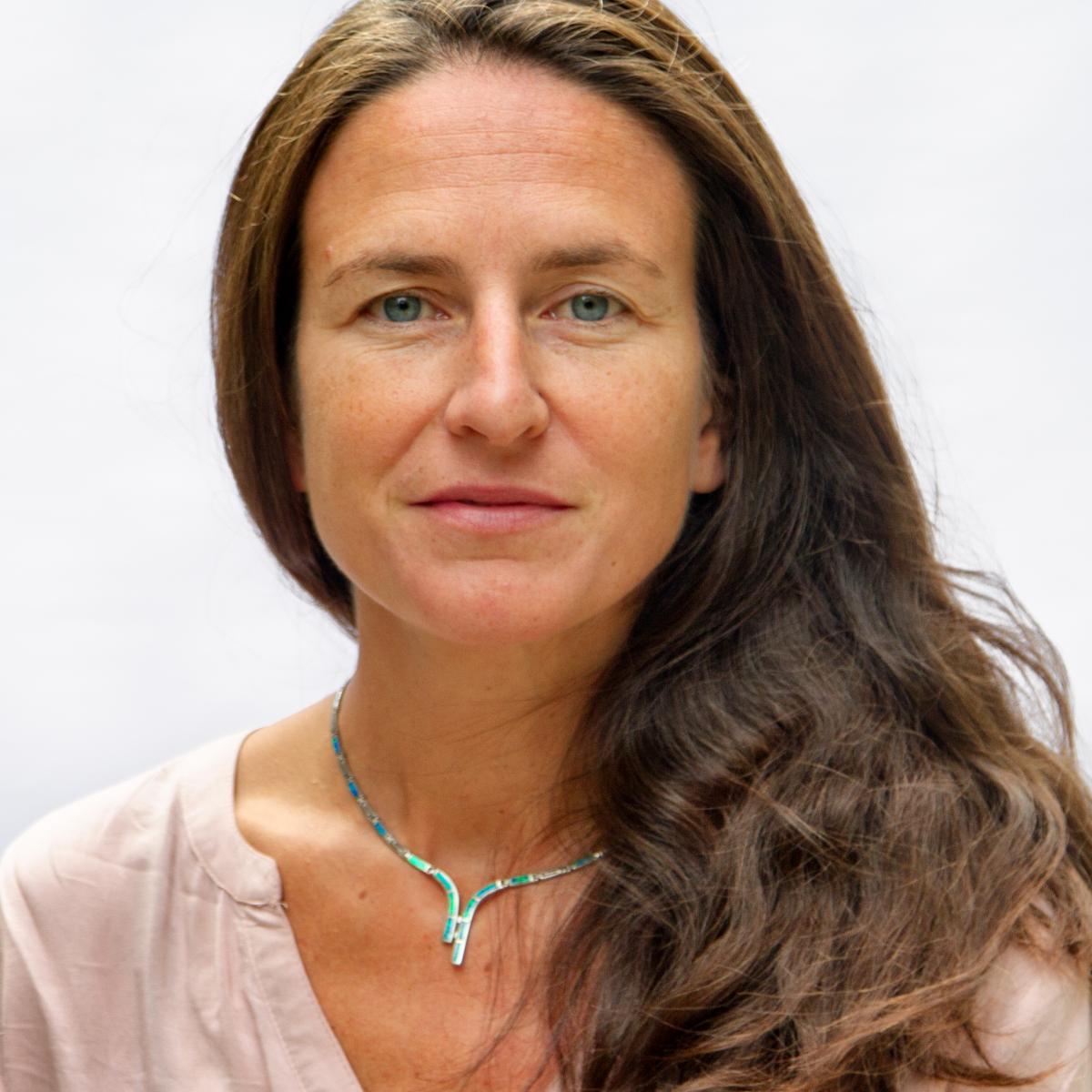 | Tabitha Gerrets is the Programme Manager Finance for Water of NWP and Board member of KIFFWA. She is a development enthusiast with a passion for concrete results and a healthy interest in financial engineering of (primarily) WASH initiatives. She has lived and worked in Kenya from 2014-2018 initiating and managing several WASH and ICT programmes across East Africa. Currently Tabitha serves on the board of the Kenya Innovative Finance Facility for Water (KIFFWA) and manages the Finance for Water portfolio at the Netherlands Water Partnership (NWP). She holds a Master of Science in Cultural Anthropology and an Advanced Master of Science (AMID) in International Development from the Radboud University Nijmegen in the Netherlands. |
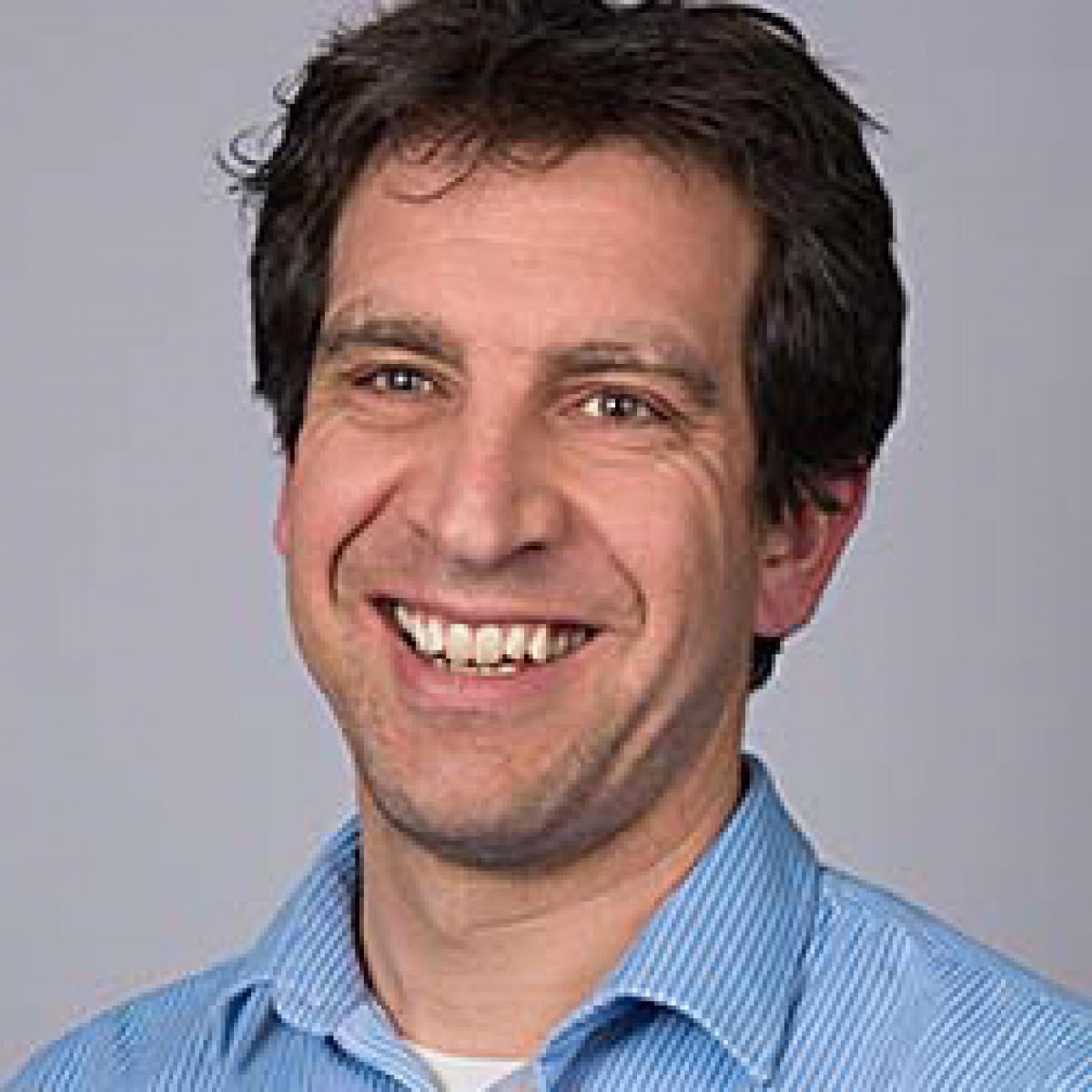 | Stef Smits is the Head of IRC Consult and coordinator of IRC's country programme in Honduras, and of IRC's other work in Latin America. As such, most of his work experience is in countries in that region, particularly Honduras, Colombia and Bolivia. In addition, he has most experience in Southern Africa and India. Thematically, his work focuses on the sustainability of rural water supplies and particularly on the institutional arrangements for supporting community-based service providers, and the costs of that. He has also been working on the linkages between WASH services provision and local-level IWRM. His particular attention goes out to multiple-use services, or the provision of water for both domestic and productive uses at household level. |
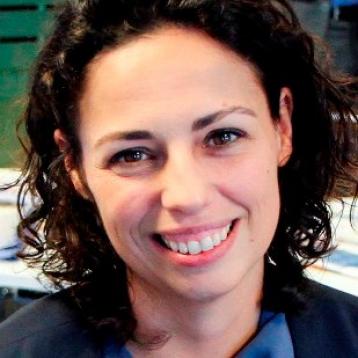 | Catarina Fonseca is an economist with 20 years of experience in development cooperation. She pioneered the use of life-cycle costs and financing in the WASH sector. She is part of the IRC management team, is Head of the International and Innovation Programme of IRC and is the Director of Watershed: empowering citizens. Catarina has a passion for evidence and data in support of good governance (acknowledging it's a tough call). |
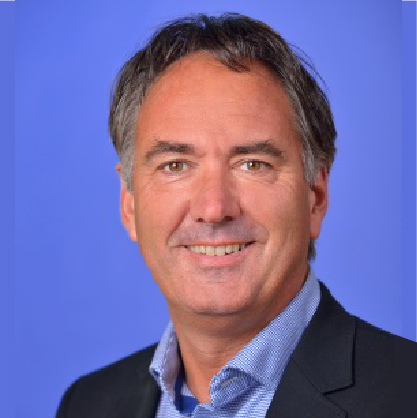 | Steven van Rossum is the CEO and board member of World Waternet. In his current position he is responsible for managing the international projects, programs and partnerships. Educated in environmental studies and ICT, Van Rossum has held several positions in both private sector- and public organizations. As a project and program manager, he implements major ICT-projects and has ample experience in managing large teams. |
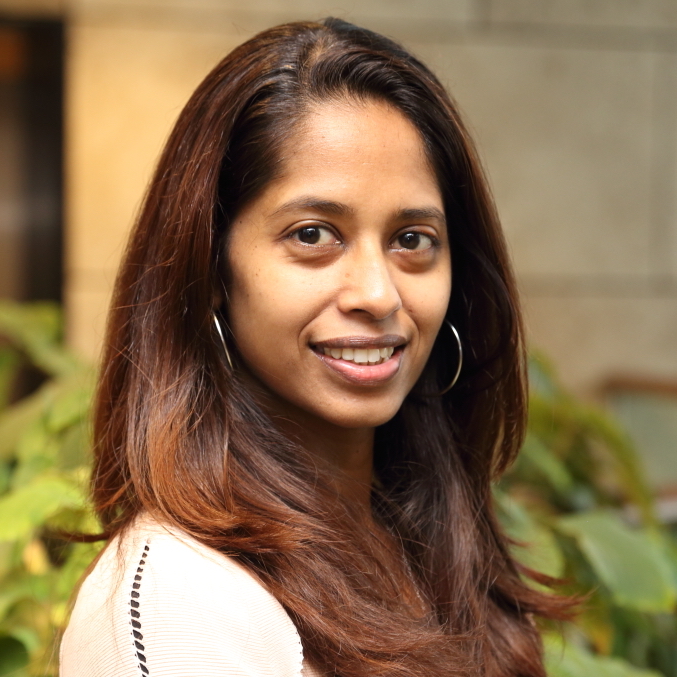 | Pritha Hariram is the Senior Business Development Officer (Partnership Project Development) at FMO. The overall goal of the Partnership Project Development (PPD) team is to develop and deliver bankable projects where Dutch companies have viable interest and the projects have clear development impact. Her previous experience includes working as the Program Manager for Water Supply and Sanitation Services at the International Water Association. She is a qualified and experienced water supply and sanitation engineer specialising in drinking water and wastewater quality treatment and management having worked for utilities and in design engineering in Australia and the Asia-Pacific region. |
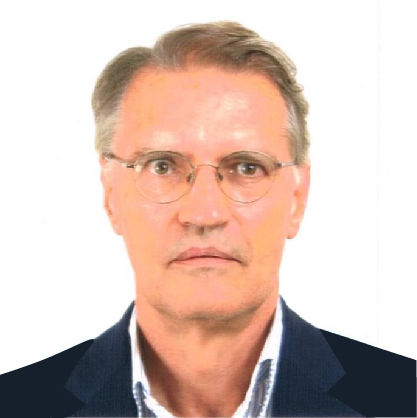 | Fred Smiet, Senior Policy Officer Water at the Netherlands Ministry of Foreign Affairs (DGIS), works as a thematic expert on environment and water. His previous work as a consultant linked environment, biodiversity, agriculture and forestry into an integrated approach to water management. Through DGIS, he has been posted to Embassies in Indonesia, Kenya, Bolivia, Pakistan, Rwanda and most recently in Ghana. Fred believes that proper water management is essential for sustainable development. He is currently based in The Hague. |
To keep up-to-date with the latest news on the WASH debate, the following social media hashtags are used: #WASHDebate and #BlendedFinance.
Those not able to attend the WASH Debate in The Hague could follow the live stream on IRC's Twitter page.
7AM, Buitenhof 47
2513 AH The Hague